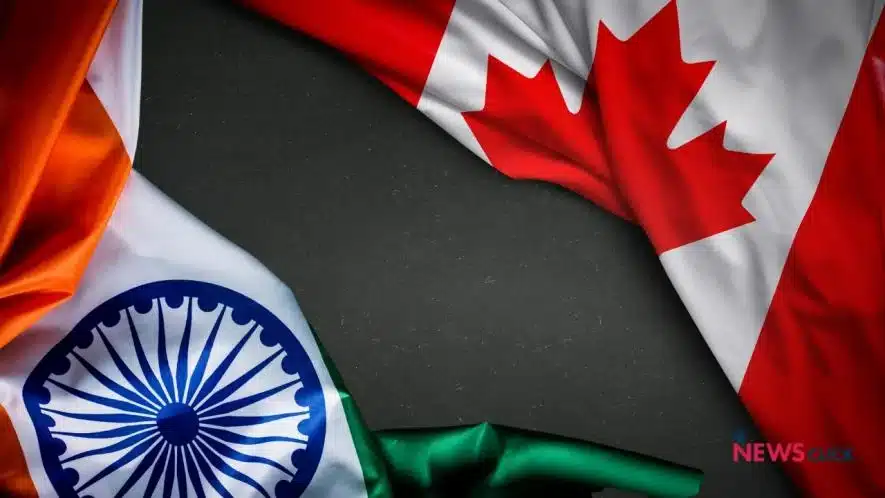Following the allegations of India’s involvement in the murder of Sikh separatist leader Hardeep Singh Nijjar outside a cultural centre in Surray, British Columbia on June 18, Canada expelled top Indian diplomat Pavan Kumar Rai who was allegedly the head of Indian Intelligence in Canada. “We’ve been clear we will not tolerate any form of foreign interference,” the Canadian Foreign Minister Melanie Joly stated in a press conference on September 18.
In response, India asked a top-tier Canadian diplomat to leave the country in five days, citing “growing concern at the interference of Canadian diplomats in our internal matters and their involvement in anti-India activities”.
The gravity of the matter became clearer when Canada cancelled a trade mission to India that was scheduled for later this year.
Since then, tensions are at an all time high between the two countries. On October 19, Melanie Joly confirmed to the media that 41 Canadian diplomats have left India after the Modi Government threatened to take back their diplomatic immunity. The two governments rushed into the decision after trying negotiations for two weeks. New Delhi posed the demand of “parity” in the number of diplomats between the two countries. Reportedly India had 21 accredited diplomats in Canada while the latter had 62 in India spread across four consulates in Mumbai, Chandigarh and Bengaluru. The immigration officers that catered applications from Nepal and Bhutan along with India have now been reduced from 27 to 5. However, the withdrawal of immunity is unilateral from India’s side-a violation of International Laws.
Canada, on the other hand, has decided to neither reciprocate nor “retaliate” because this would put the diplomats of other countries at risk. Even though, contrary to India’s claims of accredited diplomats, the registry of foreign representation by India shows the number to be 60 in Canada, Joly refused to comment on that and reiterated that because it is unprecedented, “we decided not to reciprocate”







